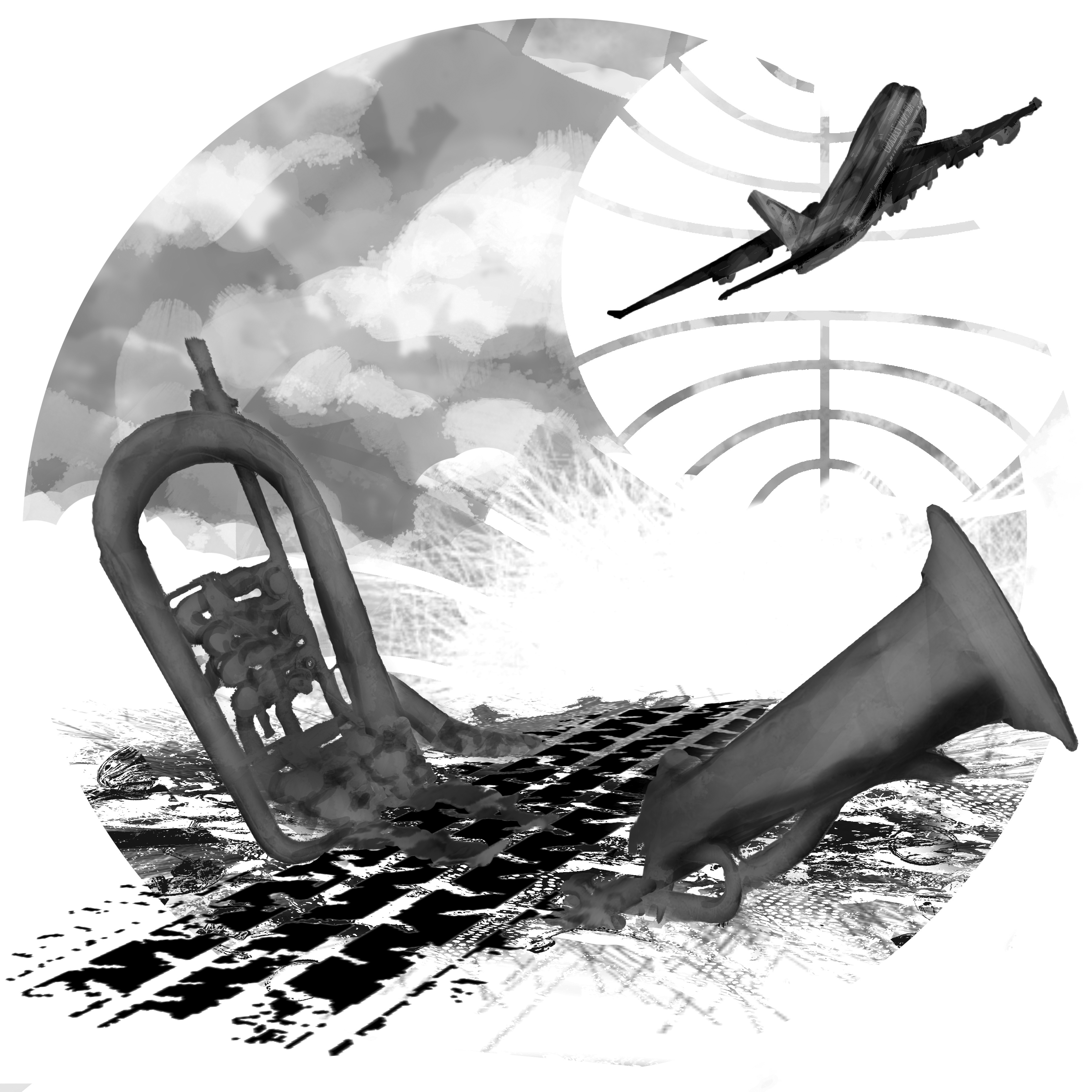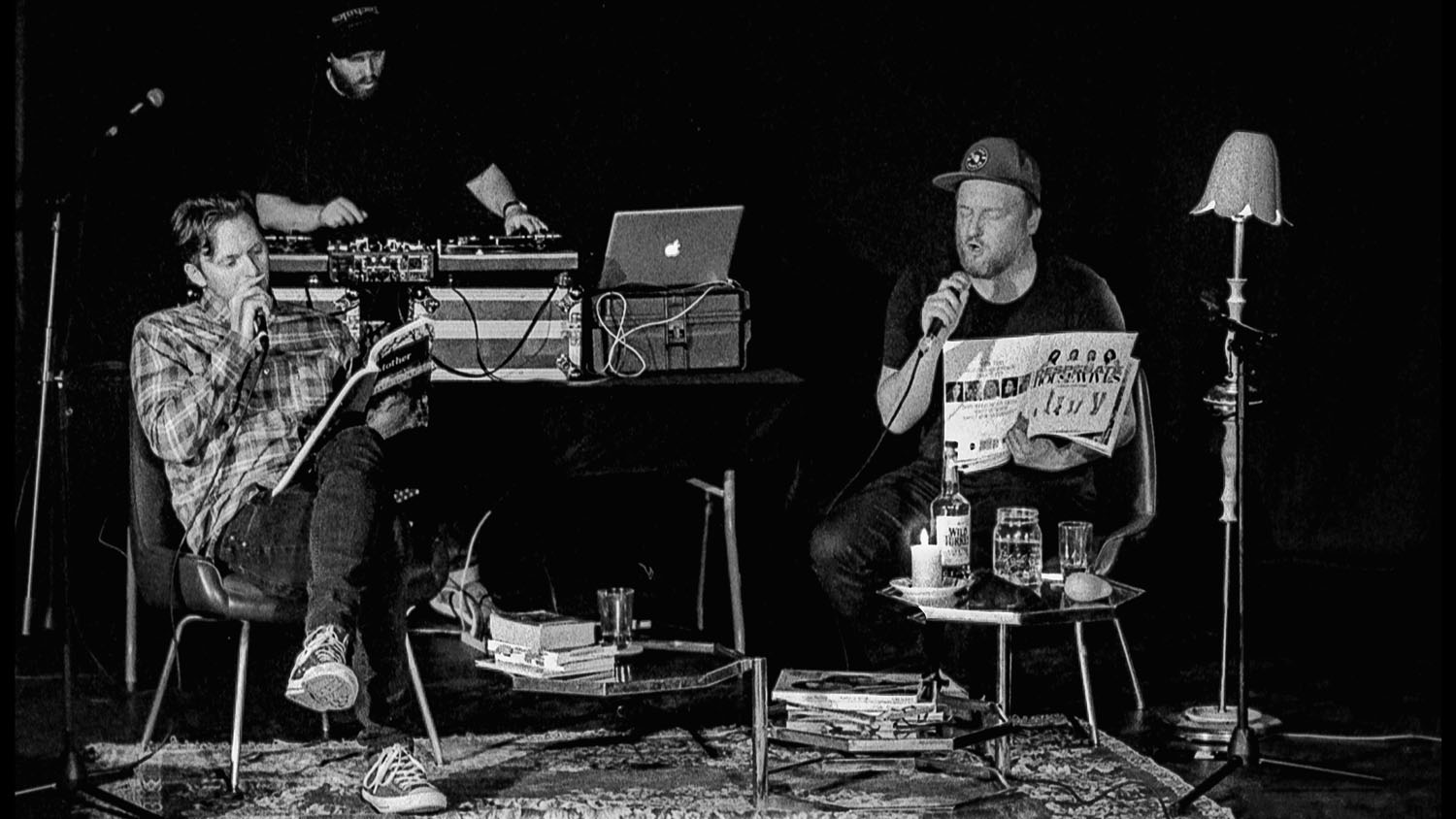Ash Ketchum was the undisputed hero of my childhood. He had that red Pokéball hat that he would turn backwards every time he prepared to battle. God, he was badass. But he was clumsy enough to relate to, and Ash didn’t always persevere in his adventures; sometimes he failed. He made mistakes, he was stubborn, and sometimes he did things the wrong way — all of this made him human. He was the perfect protagonist for a show that travelled with me through childhood, passed adolescence and finally into adulthood.
Pokémon was a phenomenon when I was young, but has somehow melted into mediocrity as the years have gone by. When did Pokémon stop being awesome? When did I begin to live my life, without a Poké-passion in my belly? When did Ash Ketchum shift from hero to gimmick?
First, Pokémon has been around for longer than most people realize. The original game was released in 1996, the first episode of the beloved television show in 1997. Pokémon has been with me my whole life. Since my parents were kind enough to purchase me my first Game Boy, the video games have captivated me. Anyone who has played these RPGs will understand what I mean when I say that sleep ceases to be a necessity when you are on your way to the elite four.
“AMY-ANNE-TURN-THAT-OFF!” my parents would holler when they heard the beeps, battle music and fervent button mashing pouring out of my Game Boy late at night. And so I would turn the volume down.
“AMY-ANNE-GO-TO-BED!” my parents would shout when they saw the flickering light slipping beneath the crack in my doorway. And so I would play under the covers.
“AMY-ANNE-WHY-DID-YOU-STAY-UP-ALL-NIGHT-PLAYING-THAT-STUPID-GAME!” my parents would say the next morning when the bags beneath my eyes hung like upside-down bats beneath my eyes. I would just smile and sleep on the bus to school, dreaming of Charmander and how awesome it would be when he evolved into a Charizard.
I still have the entire first season of Pokémon the television series on my computer — and I still re-watch episodes. The day when Ash says goodbye to Butterfree is always a tearjerker. There was something new, fantastic, intimate and spectacular about Pokémon when it first came out. The idea of it — that you could have these amazing animals as your friends, that they would fight for you, fly with you, swim with you, and learn to love you — was intoxicating. For years and years it was all anyone talked about.
“WHAT! You have a holographic Blastoise!?” There was an entire generation of criminals who got their start stealing rare Pokémon cards from fellow fourth-graders. Crime was sky high in my elementary school.
But somewhere, along the way, that shimmer of excellence, the silver lining, that special something extra that made the Pokémon franchise iridescent, vanished. It got stale.
As a devout fan, I stuck around for the long haul. I played the Blue, Red, and Yellow versions of the video games with childish delight. I cried like a baby (spoiler) when poke tears saved Ash’s life at the end of Mewtwo Strikes Back. I had stopped watching the television show by this point but I did play the Crystal, Ruby, and Platinum games. It took all of my energy to complete them. By this point, the creators were definitely running out of ideas for new Pokémon.
Finally, last spring, with almost all of my interest and enthusiasm expended, I purchased Black and White with a heavy heart. I knew, somehow, that this would be the end. And I was right.
One of the starter Pokémon was a fire pig . . . enough said. There were chandeliers, ice cream cones, and garbage Pokémon. The game creators also felt the need to try to moralize the ideology behind these games — and this was a catastrophe. The message seemed to be that enslaving Pokémon, forcing them to fight for you, to travel with you, or to spend the rest of their time on their planet like a genie in a tiny Pokéball was wrong. But the game still encouraged you to kill thousands of little wild Pokémon (seriously, what do you think “faint” really means?) in order to level up your Oshawott.
You are told to try to hunt down and capture every single Pokémon from every single game ever made, even though you are only likely to ever spend any time with between six and ten of them. After five generations of Pokémon, it was way too late for any kind of rationale. It was a depressing day for nostalgia and childhood happiness.
I still know every single word to the theme song from the original show. The fiery passion that used to animate my childhood, however, has fizzled out.
Life after Pokémon is strange. Instead of enjoying the games with reckless abandon like I did as an eight year old, I find myself questioning the little quirks in the game that just don’t make sense. Why can’t the police ever stop team rocket, but a 10-year-old kid with a Pikachu can always manage it? Why do I have to use the stupid HM cut to cut down trees? Why can’t I hyper beam those little branches into dust!? Why is it okay that I walk into people’s homes without knocking? After 649 Pokémon, five generations of games, 14 movies, hundreds of TV episodes and thousands of dollars worth of trading cards, the magic is finally gone. And this is tragic, because I feel like a little bit of my childhood died when Pokémon ceased to dazzle me.
But, in the face of everything, the hair on the back of my neck will still bristle to the tune of “Pickachu! I choose you!” Pokémon may no longer be something that completely captivates me, but it gave me a chest of golden memories that nostalgia will always preserve.





I almost know how you feel. I loved the original games as well. However, while I admit that the newest ones aren’t as good they never cease to catch my attention. Black 2 and White 2 have my psyched for the fall. Even if they disappoint some people at least kids aren’t growing up in a world without pokemon, because to me that would be a worse crime than Team Rocket could ever commit 😛